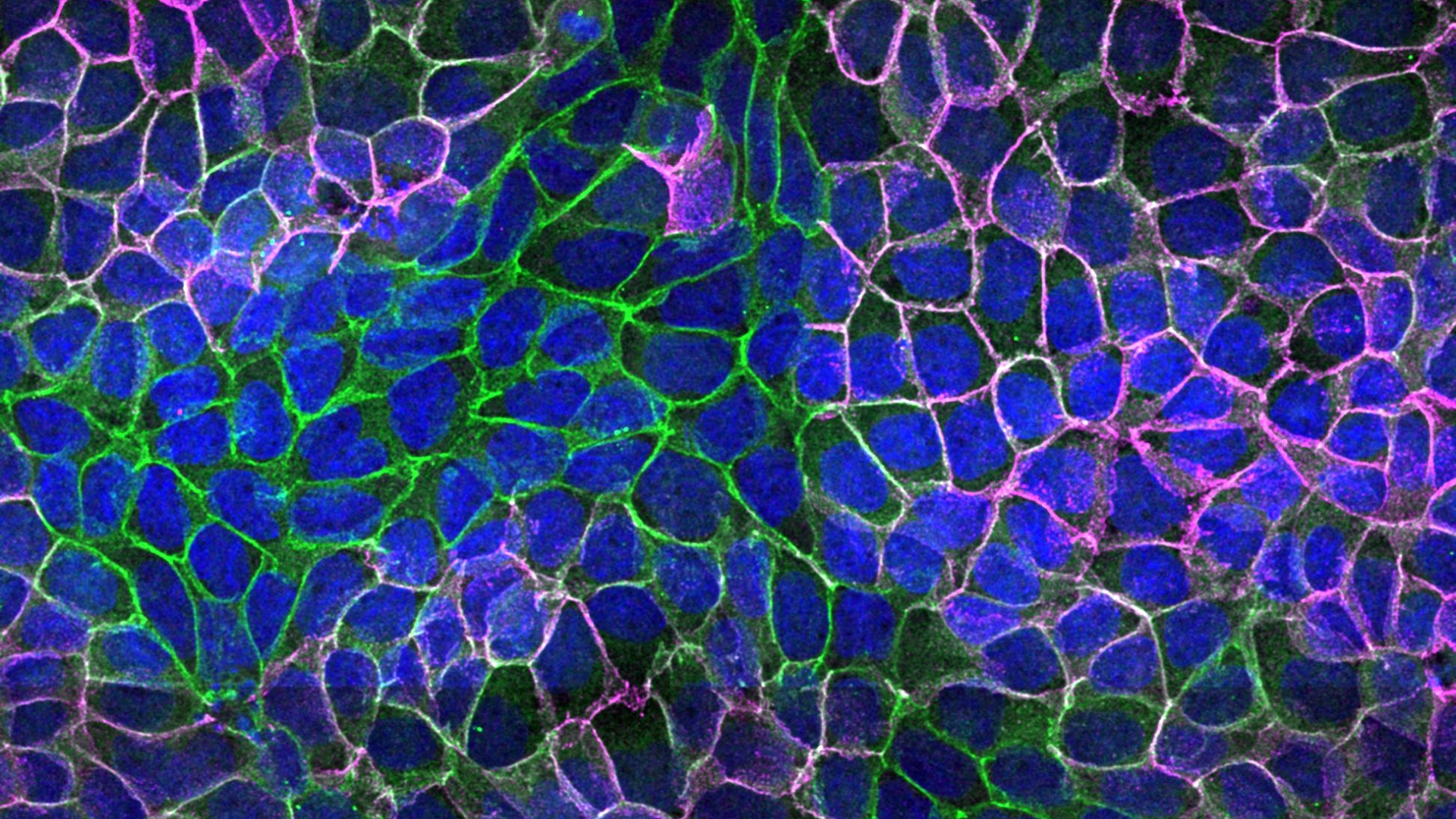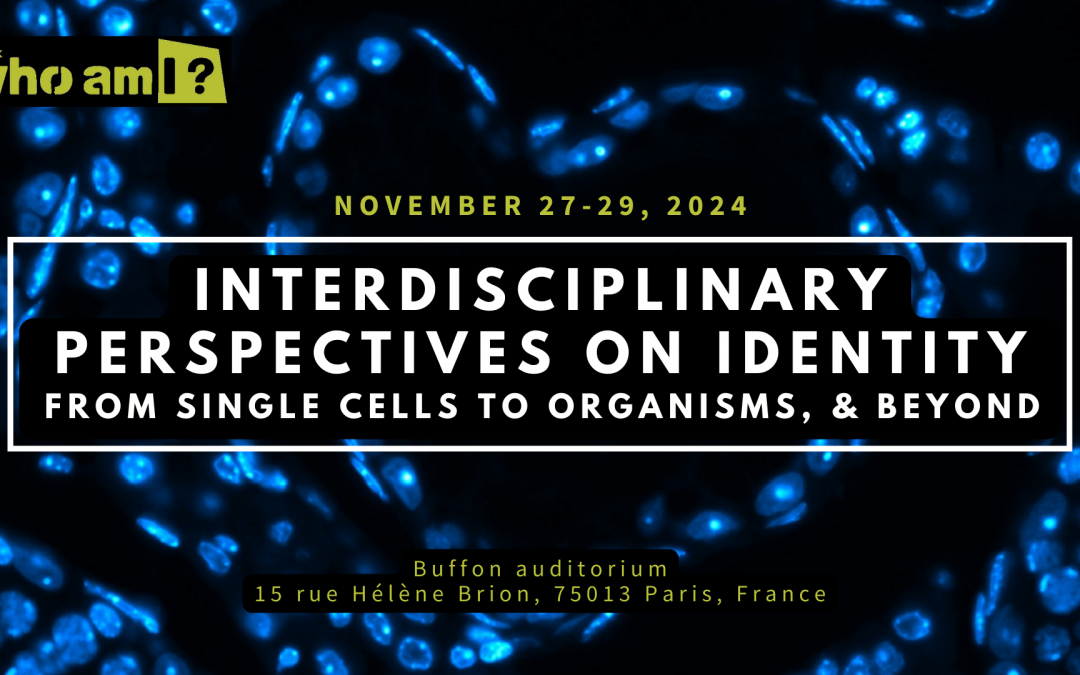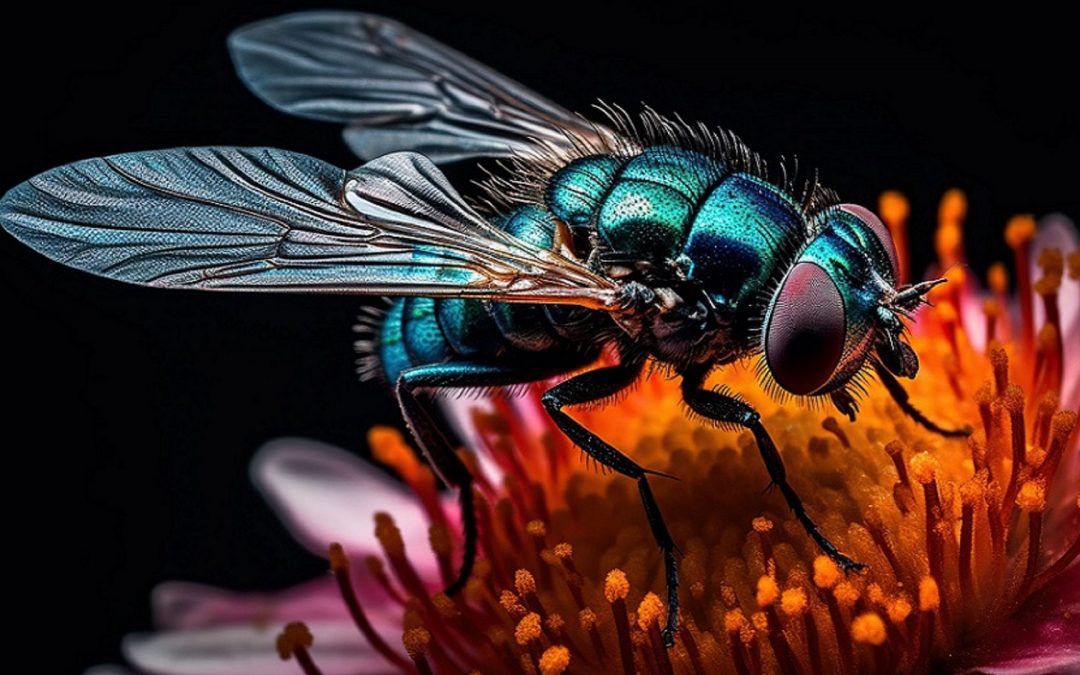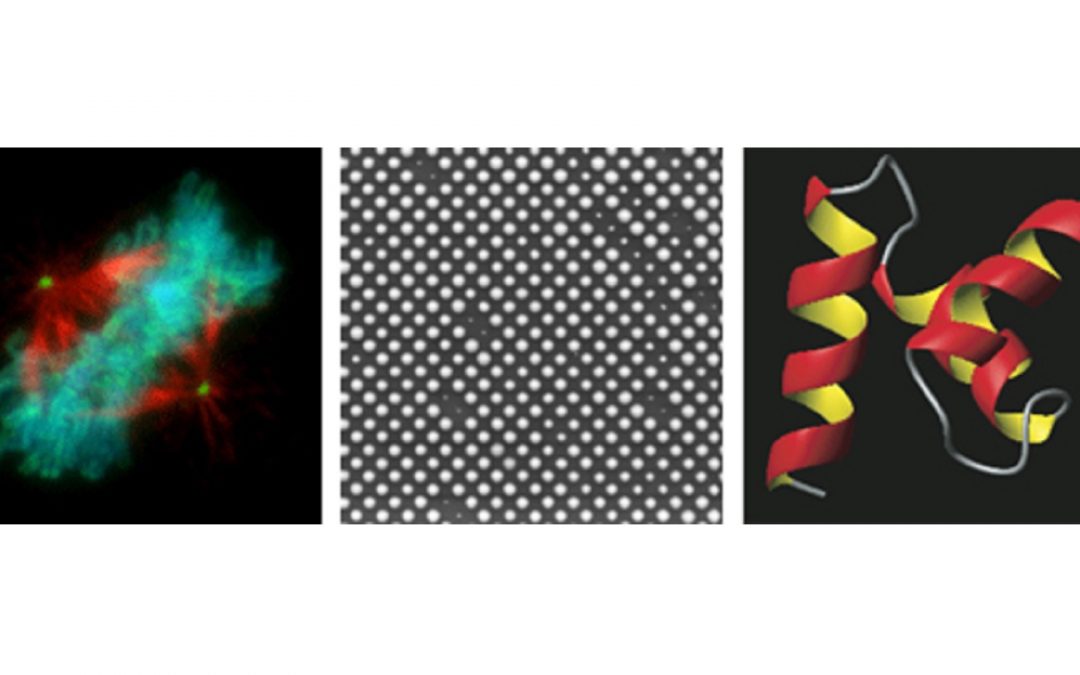Thematic program

Cell competition
Mixture of MDCK WT and E-cadherin KO cells after 7 days of culture, labelled for Cadherin6 (green), E-cadherin (magenta) and nuclei (blue).
© Lakshmi BALASUBRAMANIAM, Jacques Monod Institute
This call, unique during the renewal period, was launched in November 2020. Among the 44 projects submitted, 17 were selected by the Scientific Advisory Board and the Executive Committee:
- Systematic pre-symptomatic screening of hereditary pathologies : ethical and psychological issues and construction of collective reflections, led by Marco Aradena, Psychoanalysis, Medicine and Society Research Center
- Molecular bases and biological functions of centriole rotational asymmetry in human cells, led by Juliette Azimzadeh, Jacques Monod Institute
- Coupling identity dynamics and equilibrium across scales: A role for cell density perception in tissues, led by Nicolas Borghi, Jacques Monod Institute
- Elucidating the proximal origin(s) of SARS-CoV-2, led by Virginie Courtier, Jacques Monod Institute
- Transient and prolonged epigenetic disturbances: effect on cell identity and transformation, led by Pierre-Antoine Defossez, Epigenetics and Cell Fate unit
- Small RNA-guided heterochromatin formation during genome editing in Paramecium, led by Sandra Duharcourt, Jacques Monod Institute
- Identification of factors responsible for chromosomal rearrangements with Microhomology-Mediated Insertions at the junction, led by Josée Guirouilh-Barbat, Cochin Institute
- Mechano-adaptation of cancer cells: understanding the role of VAPA-mediated contact sites, led by Mélina Heuzé, Jacques Monod Institute
- Genomics and metagenomics: epistemology and ontology of biological identity in the postgenomic era, led by Philippe Huneman, Institute of History and Philosophy of Science and Techniques
- How actin and vimentin join actions to preserve cell integrity, led by Cécile Leduc, Jacques Monod Institute
- Deciphering the role of Foxo1 in defining the identity of effector CD4 T cells, led by Bruno Lucas, Cochin Institute
- Tracking hypermutable cell subpopulations – reservoirs of adaptive genetic variability, led by Ivan Matic, Cochin Institute
- Role of lysine methylation in cytokinesis and cancer, led by Souhila Medjkane, Epigenetics and Cell Fate unit
- Nuclear pore-associated translation and the maintenance of nuclear identity, led by Benoit Palancade, Jacques Monod Institute
- Muscle Induced Differentiation : interplay between Mechanical and Electrical Effects (MIDMEE), led by Myriam Reffay, Matter and Complex Systems laboratory
- Study of the DNA repair dysfunction in H3.3-mutated cancers: a new path for therapeutic intervention, led by Béatrice Rondinelli, Epigenetics and Cell Fate unit
- Emergence of identity in complex ecosystems comprising motile organisms, led by Julien Tailleur, Matter and Complex Systems laboratory
À lire aussi

Closing Conference 2024 – Interdisciplinary perspectives on identity
The Labex Who Am I? invites you to its closing conference, “Interdisciplinary Perspectives on Identity: from Single Cells to Organism and Beyond”, which will take place on November 27-29 in Paris. The Labex Who Am I? final conference will take place on November 27, 28...

Pint of Science festival 2024
Once again this year, the Labex Who Am I? is partnering with the Faculty of Sciences of the Université Paris Cité, the Genetics and Epigenetics New Education (G.E.N.E.) Graduate School, and the Major Research and Innovation Domain BioConvergence for Health...

Visiting Professors programme: Matthias Peter
As part of its Visiting Professors programme, the Labex Who Am I? is delighted to welcome professor Matthias Peter, professor of Biochemistry and group leader at ETH Zurich, Switzerland. © Peter group, ETH Zurich Matthias Peter...

Rhythms and resonances: coming into contact with otherness
The Labex Who Am I? co-funds the “Rhythms and resonances: coming into contact with otherness” workshop. © Gerd Altmann from Pixabay Interdisciplinary doctoral workshopThe “Rhythms and resonances: coming into contact with otherness”...
